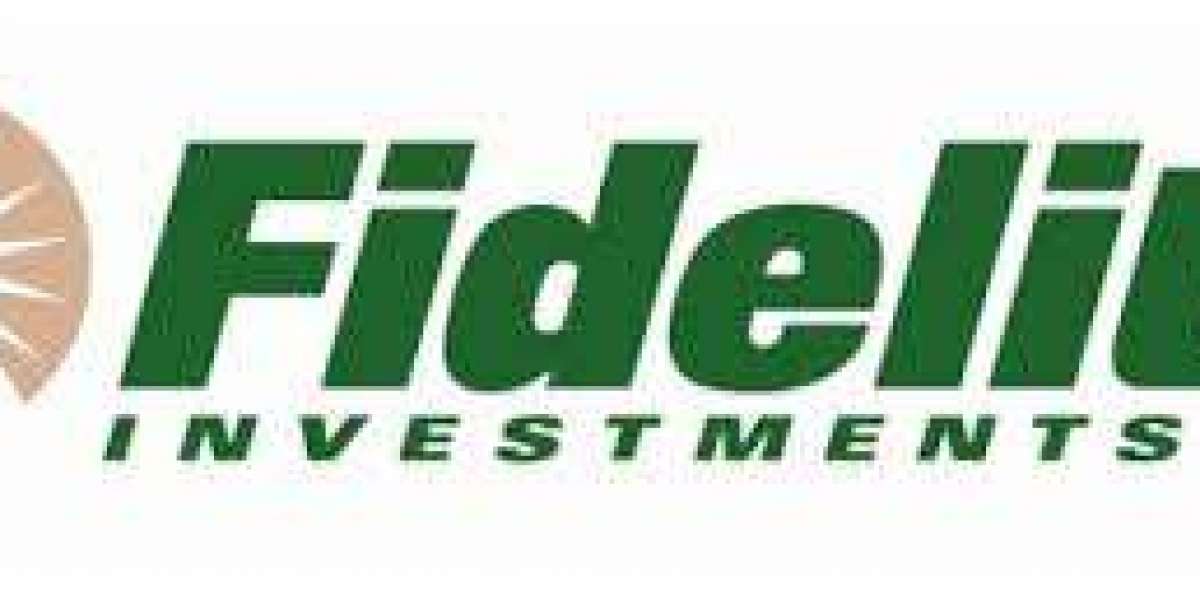FMR LLC, commonly known as Fidelity Investments, is one of the largest financial services companies in the world, specializing in investment management, brokerage services, retirement planning, and wealth management. Founded in 1946, Fidelity has built a formidable reputation based on its commitment to innovation, customer service, and a diverse range of financial products. However, the competitive landscape in the financial services industry is constantly evolving, with several key players vying for market share. This article explores the primary competitors of FMR LLC, highlighting their strengths, weaknesses, and strategic positioning.
1. Charles Schwab Corporation
Overview: Charles Schwab is a leading brokerage firm that offers a wide array of financial services, including trading, wealth management, and investment advice. Schwab is well-known for its low-cost trading platform and robust customer service.
Strengths:
- Cost Efficiency: Schwab has gained a reputation for low fees and commissions, attracting a large customer base, particularly among cost-conscious investors.
- Comprehensive Services: The firm offers a full suite of services, from self-directed brokerage to personalized wealth management solutions.
Weaknesses:
- Limited Investment Products: Compared to Fidelity, Schwab’s mutual fund offerings may be less extensive, which can limit options for some investors.
- Less Emphasis on Active Management: While Schwab offers a variety of investment strategies, its focus is more on passive investing, which may not appeal to all clients.
2. Vanguard Group
Overview: Vanguard is renowned for its pioneering approach to index funds and low-cost investing. As a significant player in the mutual fund industry, Vanguard emphasizes investor education and long-term investing.
Strengths:
- Low Expense Ratios: Vanguard is famous for its low-cost investment products, making it a preferred choice for long-term investors looking to minimize fees.
- Strong Performance History: Vanguard’s index funds and ETFs have consistently outperformed many actively managed funds, attracting a loyal customer base.
Weaknesses:
- Limited Advisory Services: While Vanguard provides investment management, it may not offer the same level of personalized financial planning services that Fidelity provides.
- Lack of Traditional Brokerage Services: Vanguard’s focus on mutual funds and ETFs may deter clients looking for a broader range of brokerage services.
3. Morgan Stanley
Overview: Morgan Stanley is a global financial services firm that provides a wide range of investment banking, securities, wealth management, and investment management services.
Strengths:
- Strong Wealth Management Division: Morgan Stanley has a well-established wealth management division, catering to high-net-worth individuals and institutions with tailored financial solutions.
- Global Reach: With a strong international presence, Morgan Stanley can leverage global market opportunities for its clients.
Weaknesses:
- Higher Fees: Compared to Fidelity, Morgan Stanley’s services can be more expensive, potentially discouraging some cost-sensitive investors.
- Complexity of Services: The breadth of services offered can sometimes overwhelm clients who may prefer a more straightforward approach to investing.
4. BlackRock, Inc.
Overview: BlackRock is the world’s largest asset manager, known for its extensive range of investment products, including mutual funds, ETFs, and institutional investment solutions.
Strengths:
- Leadership in ETFs: BlackRock’s iShares brand is a dominant player in the ETF market, providing a broad range of investment options that cater to various investor needs.
- Technology-Driven Solutions: BlackRock leverages technology and data analytics to enhance its investment strategies and risk management processes.
Weaknesses:
- Limited Retail Focus: BlackRock primarily serves institutional clients, which may limit its appeal to individual investors compared to Fidelity’s more retail-oriented offerings.
- Dependence on Market Conditions: BlackRock’s performance is closely tied to market fluctuations, which can impact revenue from its investment products.
5. TD Ameritrade
Overview: TD Ameritrade is a well-established online brokerage firm known for its comprehensive trading platform, investment research tools, and customer service.
Strengths:
- Robust Trading Platform: TD Ameritrade offers advanced trading tools and educational resources that attract active traders and self-directed investors.
- No Commission Fees: The elimination of commission fees for online trades has positioned TD Ameritrade as an attractive option for cost-conscious investors.
Weaknesses:
- Limited Wealth Management Services: While TD Ameritrade offers some advisory services, it may not provide the same level of comprehensive wealth management as Fidelity.
- Integration Challenges Post-Merger: Following its acquisition by Charles Schwab, there may be challenges in integrating systems and services, which could affect customer experience.
Conclusion
FMR LLC (Fidelity Investments) operates in a highly competitive financial services landscape characterized by diverse players each vying for market share. While Fidelity has established a strong presence through its comprehensive range of services, low-cost offerings, and commitment to innovation, it faces formidable competition from firms like Charles Schwab, Vanguard, Morgan Stanley, BlackRock, and TD Ameritrade. Each competitor brings unique strengths and weaknesses to the table, shaping the competitive dynamics of the industry. For Fidelity, staying ahead in this competitive environment will require continuous innovation, exceptional customer service, and a keen understanding of evolving market trends and investor needs.








